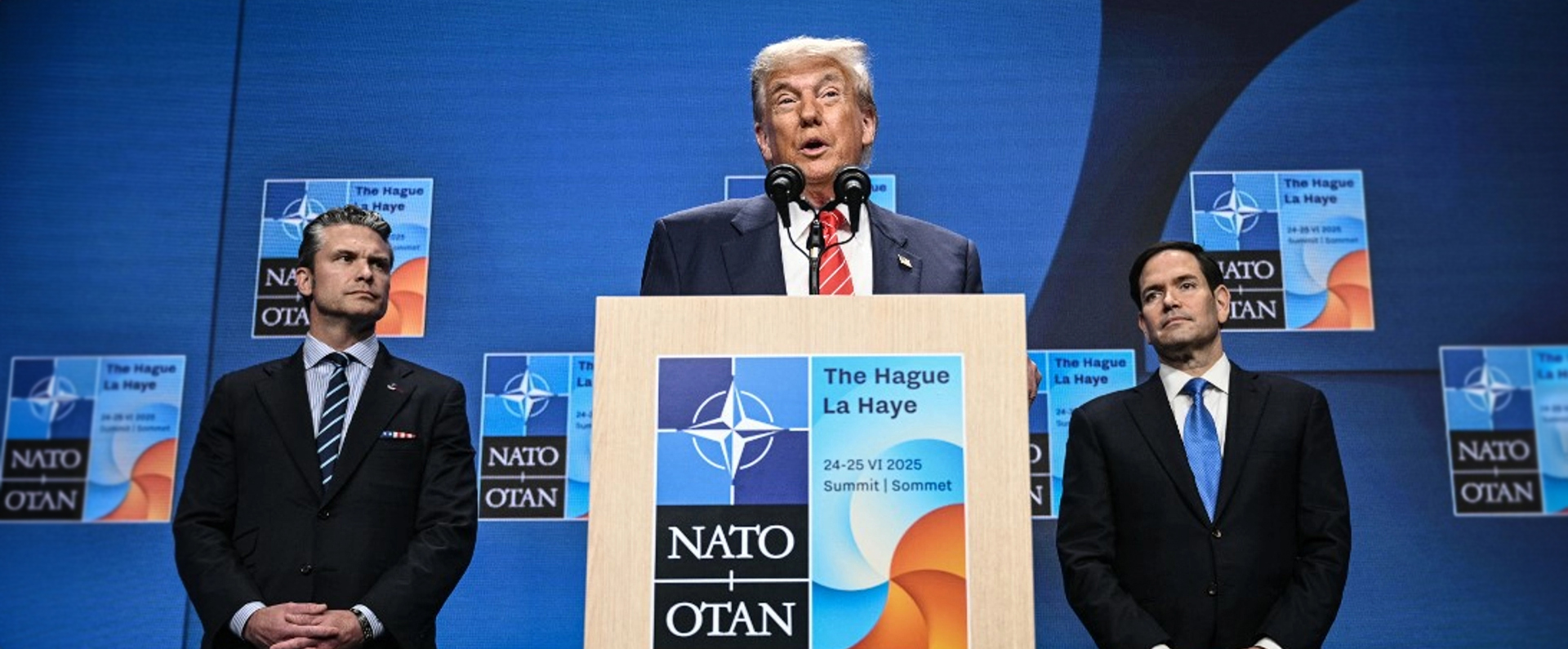
Posted on ConservativeHome.com on 22 August 2024.
The South Caucasus, nestled between the Black and Caspian Seas, bears the weight of a tumultuous history. The bitter conflict between Armenia and Azerbaijan over Nagorno-Karabakh has cast a long shadow over the region for decades; the 2020 war left a trail of devastation, displacing over 100,000 people and claiming thousands of lives.
Yet, amidst the scars, a glimmer of hope has emerged. With a weakened Russia and a renewed global focus on energy security, a unique window of opportunity has opened for a lasting peace agreement.
The region has long been a battleground, fought over throughout history by empires such as the Ottomans, Persians, and Russians. Following the collapse of the Soviet Union in 1991, Armenia and Azerbaijan gained independence.
However, the unresolved dispute over Nagorno-Karabakh, which had an Armenian-majority population at that time within Azerbaijan’s internationally-recognised borders, remained a festering wound. A brutal war erupted in the early 1990s, with Armenian forces taking control of Nagorno-Karabakh and surrounding territories, resulting in the expulsion of up to a million ethnic Azerbaijanis.
The Second Karabakh War in 2020 marked a turning point in this conflict. Azerbaijan’s demonstrably superior military capabilities, coupled with critical support from influential allies like Turkey, Israel, and Pakistan, enabled it to achieve significant territorial gains. This military success culminated in a swift operation in November 2023, resulting in Azerbaijan regaining control over Nagorno-Karabakh, ending the decades-long conflict, and reshaping the region’s geopolitical landscape.
There is a historical chance to achieve a long-awaited peace in the region
Since then both sides have engaged in high-level talks, with efforts towards border delimitation and diplomatic meetings between foreign ministers. Progress has been made on a draft peace agreement, with some provisions already agreed upon. Prisoner exchanges have taken place, a step towards reconciliation and a sign of a potential shift in attitudes.
In a historic move in December 2023, both countries issued a joint statement acknowledging the possibility of achieving peace.
“There is a historical chance to achieve a long-awaited peace in the region”, the statement declared, and both countries reconfirmed their intention “to normalise relations and to reach a peace treaty on the basis of respect for the principles of sovereignty and territorial integrity.”
Charles Michel, European Council President, welcomed the statement as a “major breakthrough in Armenia-Azerbaijan relations”, noting that he particularly welcomes the deal to release detainees and make an “unprecedented opening in political dialogue.”
Recently, in yet another key step toward normalising ties between the rivals Yerevan returned four border villages it seized decades ago to Azerbaijan. The subsequent withdrawal of the Russian peacekeeping mission from Karabakh in April 2024 was a historic moment for Azerbaijan, marking the first time since the early 19th Century that no foreign troops were present on its soil.
A stable and secure South Caucasus is vital to ensuring Europe’s energy security
Russia’s war in Ukraine has unwittingly catalysed a shift in the balance of power in the region, creating a potential opportunity for the West to foster lasting peace.
It has also highlighted the strategic significance of the South Caucasus as a crucial energy corridor for Caspian Sea oil and gas to reach Europe. With traditional routes through Russia becoming less reliable, Western nations are increasingly looking eastward for alternative energy sources.
“A stable and secure South Caucasus is vital to ensuring Europe’s energy security”, remarked Ursula von der Leyen, President of the European Commission, during her visit to Azerbaijan in July 2022.
In March 2024, the European Parliament put forward a motion for a resolution on strengthening ties between the EU and Armenia, as well as emphasising the necessity of a peace agreement between Armenia and Azerbaijan for wider regional stability.
The resolution also stresses the importance of implementing a comprehensive peace treaty between the two countries based on principles of recognition of sovereignty, territorial integrity, and the non-use of force. It calls for both countries to work cooperatively to finalise border demarcation and delimitation and complete the demining process to enhance stability in the region.
Peace is far more than just the absence of war. It unlocks immense economic potential for the entire South Caucasus. The region sits astride the Middle Corridor, a vital trade route connecting Asia and Europe that stretches from China to the Black Sea and the Mediterranean, bypassing Russia.
With a stable and peaceful South Caucasus, this route could become a major artery for global trade, facilitating the movement of goods and boosting economic activity across the region.
Brussels has recognised the strategic importance of the Middle Corridor by pledging a significant €10bn to support infrastructure development projects. This includes upgrades to railways, roads, and border crossings along the corridor.
The Baku-Tbilisi-Kars railway, a key component of the Middle Corridor, has already seen substantial investment from Azerbaijan, exceeding $3 billion. This railway provides a direct link between the Caspian Sea and the Turkish Mediterranean port of Mersin, significantly reducing transportation times for goods travelling between Asia and Europe.
The visit by David Cameron, then Foreign Secretary, to Central Asia earlier this year further highlighted the potential for increased trade throughout the Caspian Region. It underscored the importance of developing reliable and efficient transportation links across the region, further bolstering the economic prospects of a peaceful South Caucasus.
The West has a vital role to play in fostering a lasting peace, but not by getting entangled in a geopolitical tug-of-war with Russia. Instead, the West can act as a facilitator, supporting a process that prioritises regional stability and economic integration for all parties involved.
“As movement towards an agreement between Armenia and Azerbaijan gathers momentum, a multi-track approach needs to emerge in order to make any peace more sustainable”, writes journalist Onnik Krikorian. “Governments, local communities, and the non-governmental sector should be partners and not rivals.”
Promoting cultural exchanges and joint economic cooperation projects that leverage the east-west transport corridor can bridge the societal divide and create a sense of shared prosperity; technical assistance for border demarcation and de-mining efforts are also crucial steps towards establishing a more secure and reconciled future.
These practical measures, alongside ongoing diplomatic efforts, can create a foundation for lasting peace.
During the NATO summit in early July Antony Blinken, the with US Secretary of State, and the foreign ministers of Armenia and Azerbaijan held a trilateral meeting to discuss the peace process. He said:
“Based on all of the engagements that we’ve had, including in recent weeks, I believe both countries are very close to being able to reach a final agreement, one that the United States would strongly, strongly support.”
Blinken’s words are echoed by Azerbaijan’s Ambassador to the UK, HE Elin Suleymanov:
“Today Azerbaijan and Armenia are closer to peace than ever before. After 30 years of bitter conflict, it is time to turn the page of confrontation in our region and to work for a lasting peace.”
While historical grievances run deep, and entrenched narratives must be challenged, the potential rewards of peace are immense. By working together, Armenia, Azerbaijan, and the international community can build a future of shared prosperity, stability, and regional integration.
This fragile hope for peace offers a chance to rewrite the narrative of the South Caucasus, transforming the region from a tinderbox into a beacon of cooperation and progress. The opportunity is a chance not to be missed.
Read this article on:
ConservativeHome.com


